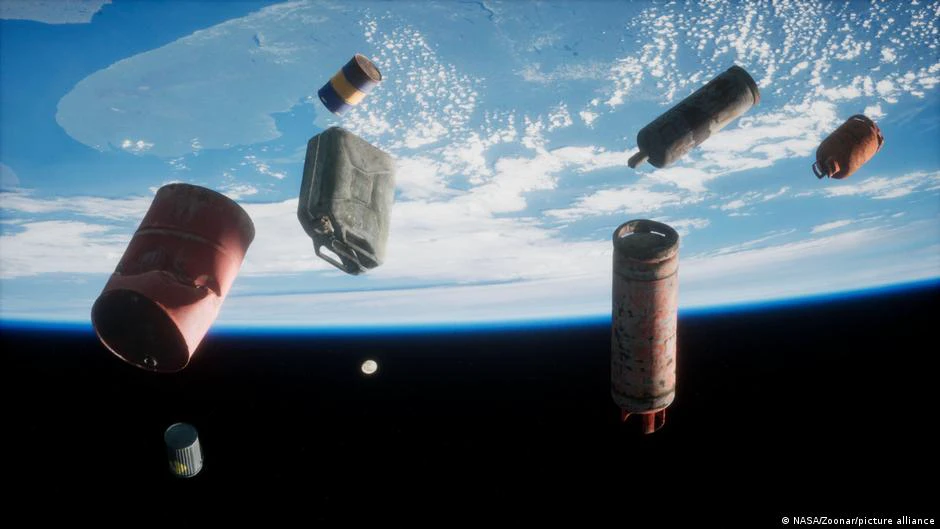Falling space debris: How high is the risk I’ll get hit?

The total mass was to be in the region of 2.6 metric tons — the equivalent of 2,600 kilograms (about 5,730 pounds), or, as some have said, the size of a large car. Most of the battery was expected to burn up on reentry, which is normal. However, it’s equally normal for some of these larger bits of space debris to survive and land — usually in the ocean. And that’s exactly what happened on Friday evening.
The German military’s space monitoring center said the bulk of the debris must have crashed in the Atlantic Ocean a little after 8 p.m. (1900 GMT/UTC). Around an hour earlier, people in some parts of central Germany could see a “bright trail” in the sky that was the falling debris, the agency said. What’s the risk of an uncontrolled reentry to Earth?





